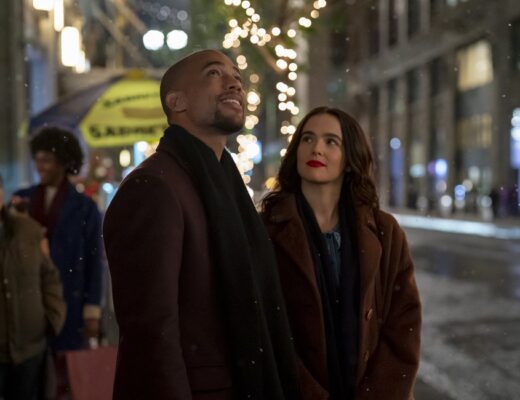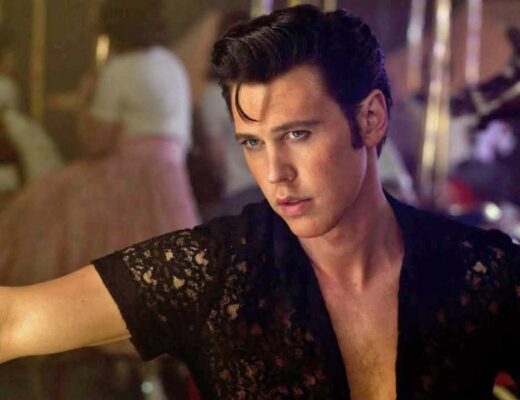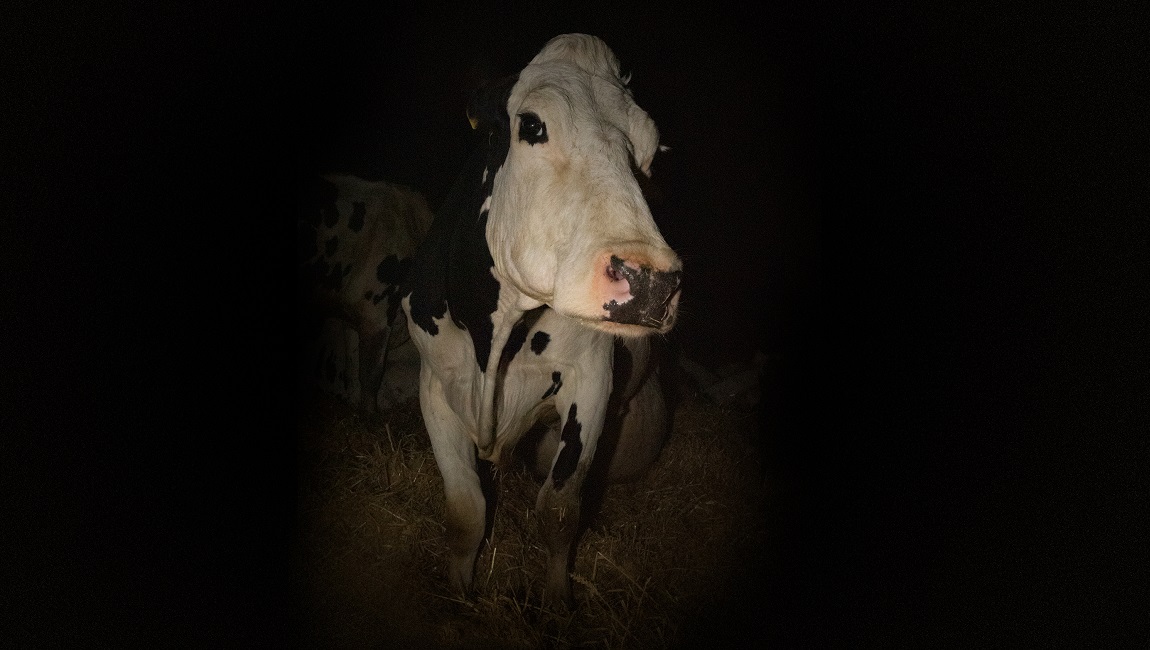Moffie is a visually striking film but one which suffers for failing to fully commit to the ugliness inherent to its narrative.
Moffie is the sort of prestige drama that possesses all of the hallmarks of so-called important filmmaking, but one which fails to engage the viewer in any sort of meaningful way. Based on the acclaimed autobiographical novel by South African author André Carl van der Merwe, Moffie details one young man’s two-year compulsory military service in the South African Defence Force in the early ‘80s. Forced to defend his government’s abhorrent Apartheid regime and engage in combat at the Angolan border, Nicholas (Kai Luke Brummer) is thrust into a living hell of his country’s own making, struggling to survive both the brutality of training and the horrors of the battlefield. Complicating matters is that Nicholas is both gay and closeted, desperately trying to make sense of passions that his own government has labeled as sick and worthy of degradation and punishment.
This is to say, the film is undoubtedly a deeply personal tale for all involved, including director/co-writer Oliver Hermanus, a South African native who has openly critiqued his homeland’s checkered past. It’s ironic, then, that Moffie seems so afraid of acknowledging the insidious evil of Apartheid. Admittedly, there’s content here that would help refute such an assertion, as the film does show the detrimental effect that the government’s policies had on numerous gay individuals, including soldiers who were drugged, tortured, and beaten upon the discovery of their sexuality. Nick, somewhat ironically given his “otherness” here, fills the role of Every Man, highlighting how oppressive regimes can strip men of both their individuality and humanity. But Hermanus has no interest in delving into the inner lives of any of these soldiers save for Nick, all of whom seem to blindly go along for the Apartheid ride and question nothing. Certainly, part of this is by design, but it highlights the fundamental problem at the heart of the film: why should viewers care about the fates of 99 percent of these individuals, and if we’re meant only to care for Nick, why do the others occupy so much space without comment or critique? It doesn’t help that, in the movie’s second half, once the men are sent to fight at the front lines, the “enemy” is presented as nothing more than interchangeable black faces. And near the beginning of the film, a black man is brutally assaulted at a train station while the soldiers cheer with glee from a train car; Nick, meanwhile, soulfully looks into the distance, silent. Hermanus seems wary to directly acknowledge the elephant in the room in fear that we won’t sympathize with his characters, but doesn’t seem to realize that by doing so, he fundamentally limits our capacity to feel much of anything.
Nick falls for a fellow soldier, Dylan (Ryan de Villiers), but the character is so thinly sketched that the relationship feels like a result of mere horniness and convenience rather than the earth-shaking connection the movie seems to be building toward and would like us to buy into, making the ending feel especially hollow. It doesn’t help things that the message that is finally presented at film’s end is as clichéd as “War changes a man.” If that is the takeaway Hermanus wants to leave audiences with, it’s to then wonder what exactly Nick’s sexuality has to do with anything, other than a cheap bid at sympathy-sourcing? As a whole, the film feels like little more than a riff on Full Metal Jacket with a gloss of topicality, unwilling to truly engage for fear it will get its hands dirty. It’s only in its technical details that Moffie excels, filled with striking imagery, moments of beauty that can be found within war, from a breathtaking twilight sky of purples and oranges to the muscular and glistening bodies of its lithe, nearly-nude soldiers frolicking in the afternoon sun — shades of Beau Travail, to be sure, but expertly executed nonetheless. And a five-minute flashback mid-film shot in a stunning long take succinctly highlights both Nick’s long-simmering passions and the prejudices of a society poisoned by its rulers. The score, courtesy of Braam du Toit, is a contrast of loud, discordant strings and melodious, lilting piano that, in concert with the imagery, does a far better job at expressing the churning inner turmoil of our protagonist than any of the writing or dialogue. Hermanus does plenty to prove he’s a talented filmmaker, but he hedges his narrative bets here, and a tale as potentially rich and complex as Moffie deserves more.







